I’m getting real and sharing 2 big health and wellness trends you can ignore: Can greens powders like AG1 replace vegetables? Are oats toxic for blood sugar? Let’s look at the science.
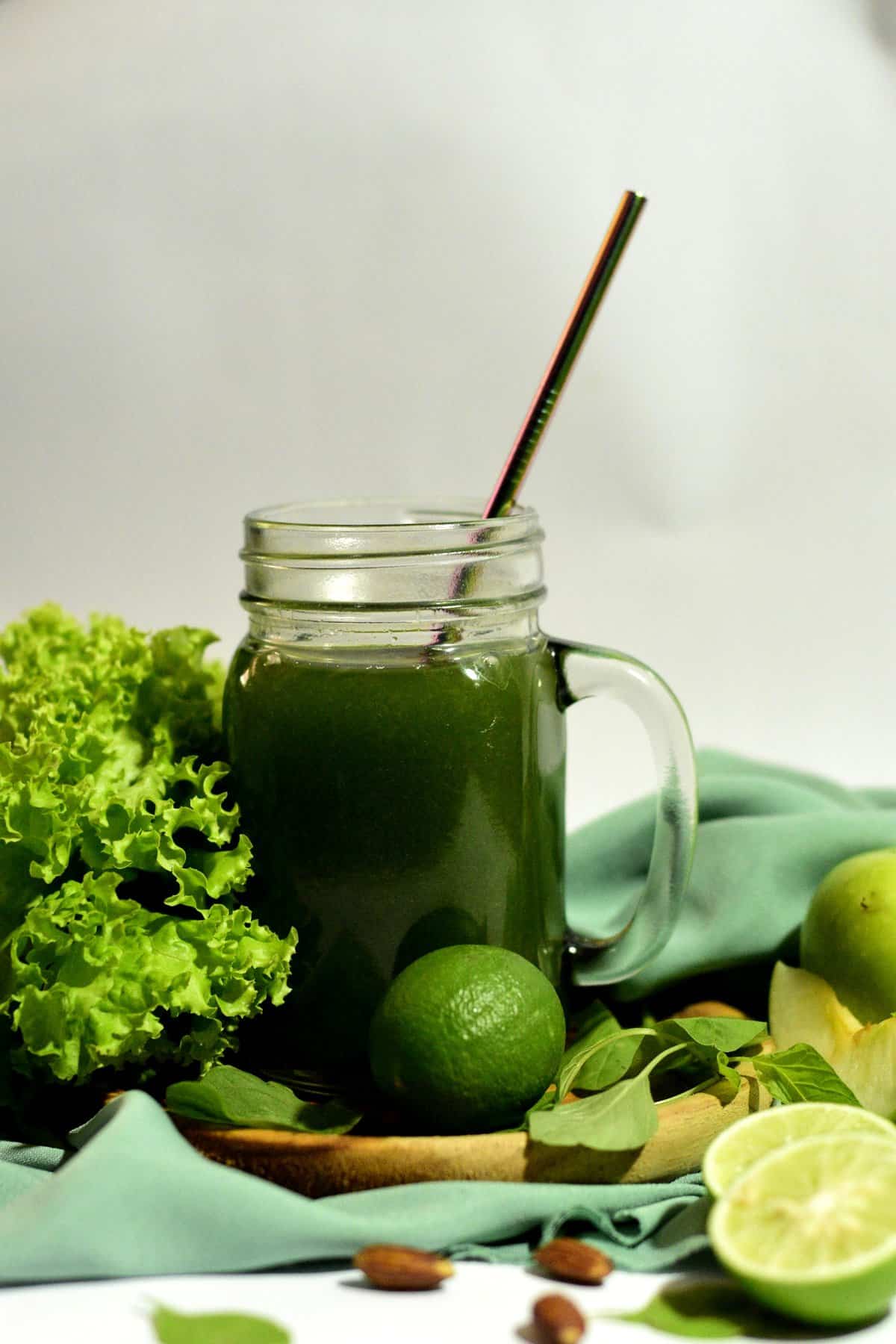
TikTok and Instagram are FULL of wellness influencers making crazy claims that get millions of views. As a dietitian content creator myself, I often get asked if these health and wellness trends are true or just myths you should ignore. In part 1 of this series, I talked about if diet coke causes cancer, the Dirty Dozen, and if six packs are healthy for women. Definitely make sure you check that out!
Today we’ll be making even more wellness influencers mad by spilling the tea on everyone’s favourite greens powder, AG1, and discussing if oats are truly toxic.
Can AG1 Replace Vegetables?
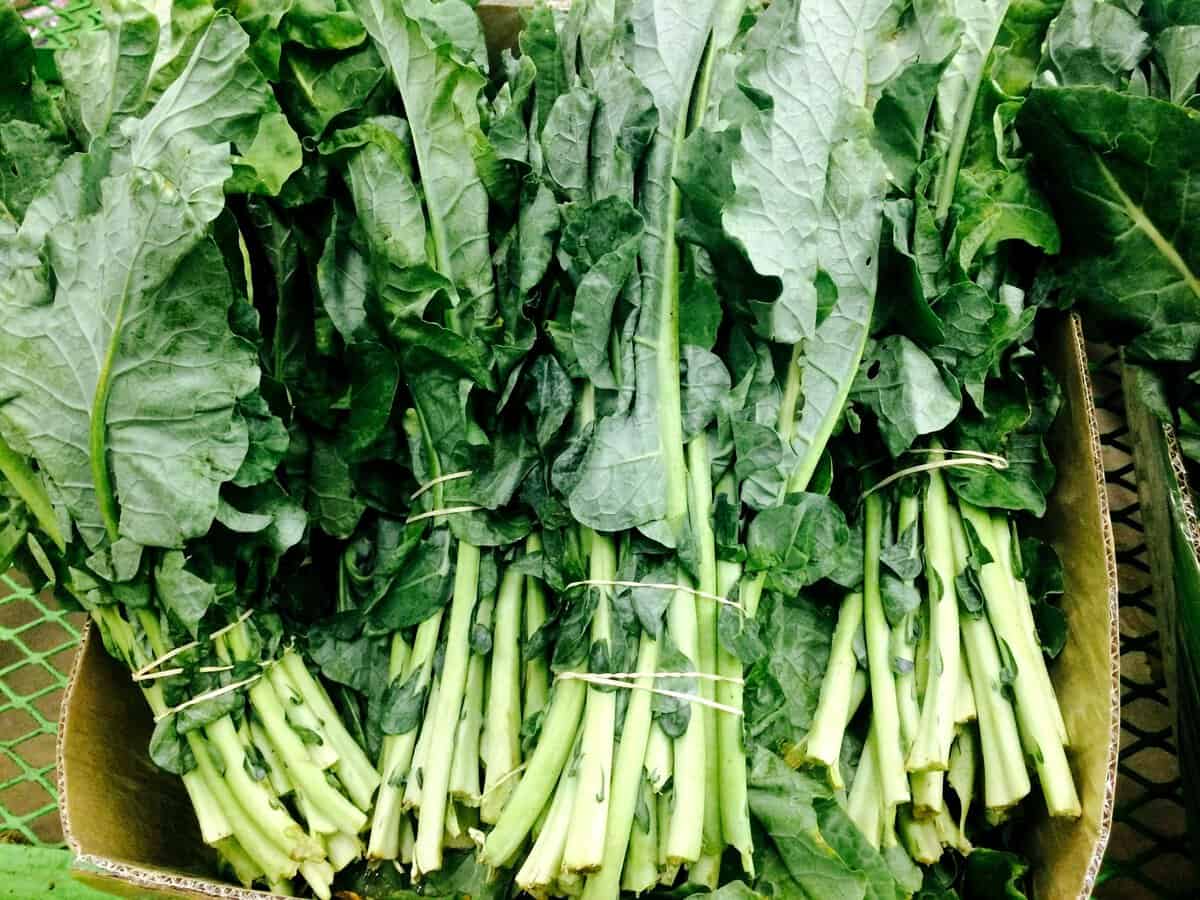
Greens powders are a huge health and wellness trend that I’ve already talked extensively about here, but the TLDR is that I don’t see anything wrong with greens powders, although some may be better than others. But at least as they appear on the market today, they are not a 1-for-1 replacement for veggies.
Vegetables are not just a combination of vitamins and minerals, they’re one of the best source of dietary fibre. The average American only eats around 15 grams of fibre per day, which is only about half of the recommended intake. If anything, fibre should be the focus of eating your greens, not the 467% of your vitamin C in AG1 which you’re just going to pee out anyway.
Interestingly, a lot of the influencers promote brands like AG1 and Bloom Greens as being great for bloating. But if you legitimately suffer from bloating and have a sensitive gut, a lot of the ingredients in these powders are just going to make it worse: ingredients like inulin fibre, chicory root, and fructooligosaccharides to name a few.
Now, there’s a lot of great stuff in these too, don’t get me wrong. But since these beneficial ingredients are bundled up in big proprietary blends, we have zero clue how much you’re actually getting. Most of the functional ingredients listed on labels have clinical doses of 1-10 grams each, and since a scoop of powder is generally in the 10-15 gram range, it’s highly unlikely you’re getting clinically relevant doses of most of the ingredients. In short, the amount in the greens powder is likely not the amount that research associates with health benefits
On the other hand, you also could hypothetically be getting a dangerously high amount of an ingredient for you. Theses are just things keep in mind if you want to know exactly what you’re taking.
Bottom line, I don’t think there’s anything wrong with taking AG1. With that being said, they are more of a powdered multivitamin with flavour, not a replacement for actual fibre-rich vegetables.
The Truth About Oats
Recently, hating on oatmeal has been a huge health and wellness trend, namely thanks to a lot of carnivore or paleo influencers on the podcast circuit. As a big oatmeal girly, I’m rolling my eyes. Let’s set a few things straight here.
Are Oats Bad for Blood Sugar?
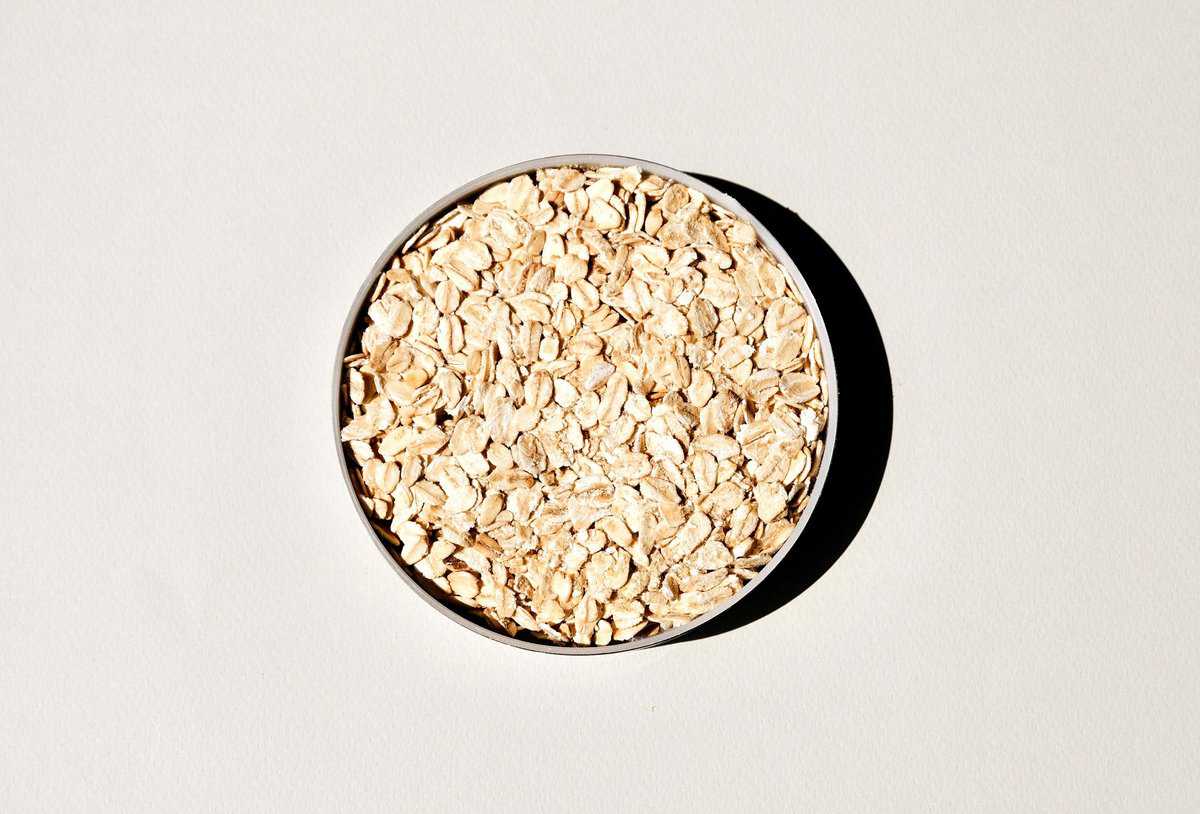
First, oats are not bad for your blood sugar like the carnivore clan insists. How do I know that this is a health myth you can ignore? There’s a large body of research that says so. For example, this meta-analysis and systematic review of the literature found that oats were beneficial for blood glucose control. Oats were shown to significantly reduced A1C, fasting glucose, total cholesterol, LDL cholesterol, acute postprandial glucose and insulin responses.
Now, the type of oats will matter when it comes to satiety and how long they hold you. Instant oats are blitzed into smaller pieces and will cause the greatest spike and fall, while minimally processed steel cut oats will maintain blood glucose levels longer.
What you pair with oats will also impact blood sugar. Just like I teach in my Hunger Crushing Combo, adding protein and fat effectively lowers the blood sugar curve. This is why I love my protein oats, because they keep me full and satisfied all morning. Other items you can add to your oats stabilize your blood sugar are nuts, seeds, high fiber berries, hemp hearts, flax, protein powder, and milk.
Are Oats Full of Pesticides?
Next, let’s talk glyphosate: the “big bad”pesticide that everyone seems to be scared of. To start, the hysteria around glyphosate is based on independent opinions by the Environmental Working Group (EWG), which is pretty well understood to be a dubious source in the science community. But let’s put their findings into context.
The United State’s Environmental Protection Agency’s (EPA) tolerable limit for glyphosate is 30 ppm. The EWG found that the worst oat offender contained up to 2800 ppb, aka 2.8 ppm. Based on the official EPA standards, you would have to consume over 10 servings of conventionally grown oats a day to reach that amount. As much as I love oats, I wouldn’t recommend eating that much in a day and I doubt your stomach would like that either.
Now, of course, the EWG claims the limit should be much lower, which is a totally fair belief. But just like their funding sources, they’re not super transparent whose opinions and science are backing up these benchmarks.
That said, if you’re still concerned because you or your kids eat a lot of oatmeal like mine do, then consider organic and/or stretch your portion by adding in all of those blood sugar balancing ingredients I just shared. You definitely should not give up your oats. My family’s go-to oats are ⅔ oats, ⅓ hemp hearts, a ripe banana, a scoop of peanut butter, a little butter, protein-rich milk, berries, and some sprinkles for fun. Obviously.
Hopefully now you understand why these claims are health and wellness trends you can ignore. Nutrition and eating well can be confusing as hell when influencers make such convincing arguments, but the research is pretty clear. So eat your oats, your vegetables, and AG1 if you truly love it.
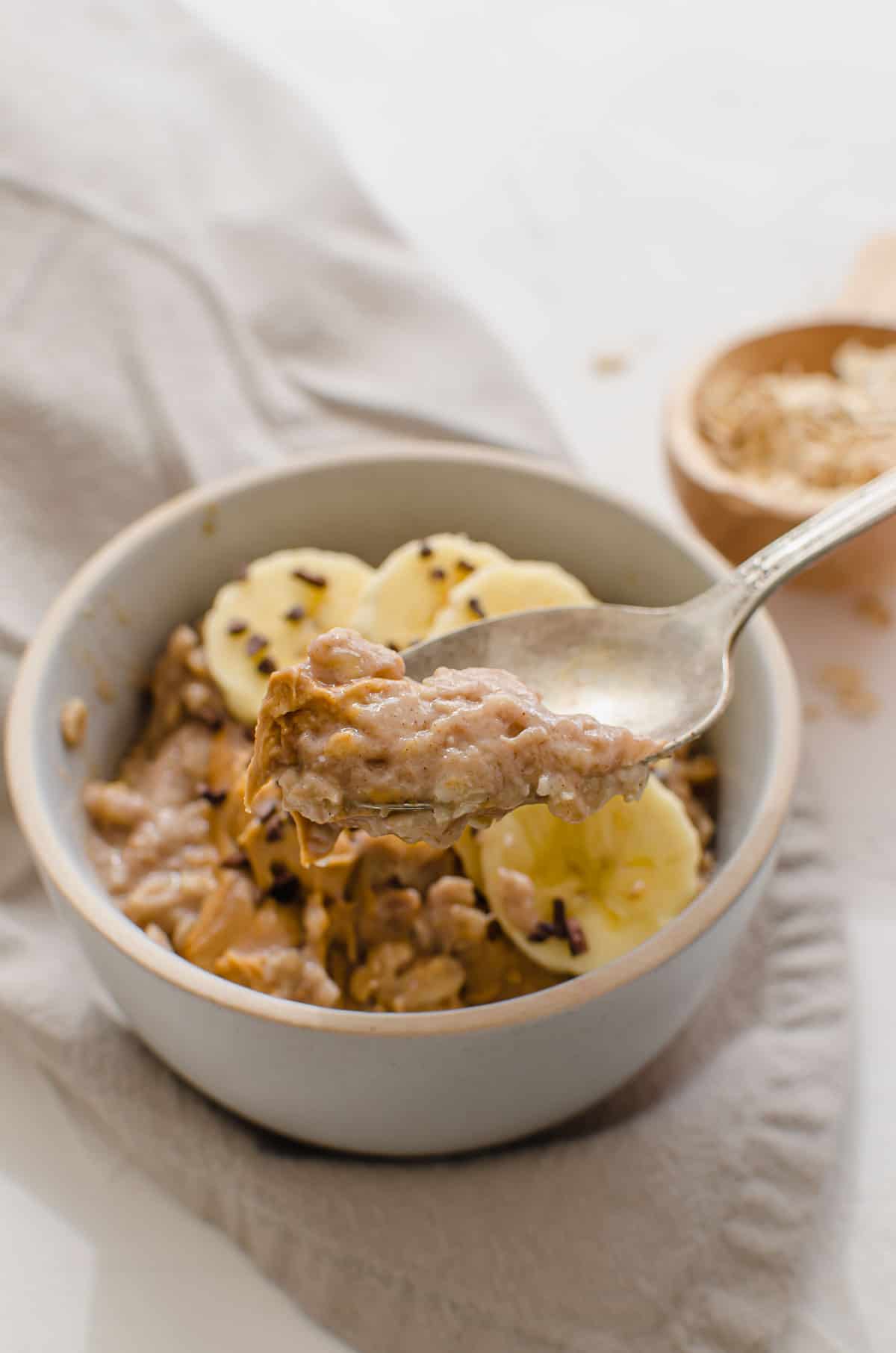
More Blog Posts You Might Like
Want more evidence-based nutrition reading? Check these out next!
- Greens Powders | Are They Good For You?
- My Daily Nutrition Recommendations that Wellness Influencers Don’t Want You to Know
- Are Cheat Days OK? The Truth About Cheat Days and Weight Loss
- Vitamin Infusions | Is Vitamin IV Therapy the Key to Good Health?
Now lovelies, what are your thoughts on these viral nutrition claims? Let me know what health and wellness trends I should debunk next!
Updated on April 21st, 2024

Abbey Sharp is a Registered Dietitian (RD), regulated by the Ontario College of Dietitians. She is a mom, YouTuber, Blogger, award winning cookbook author, media coach specializing in food and nutrition influencers, and a frequent contributor to national publications like Healthline and on national broadcast TV shows.

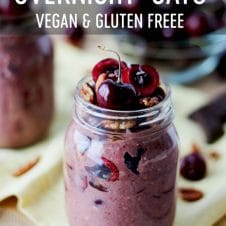

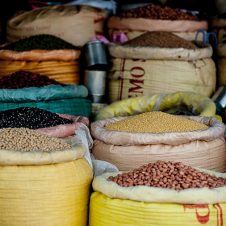

Leave a Comment